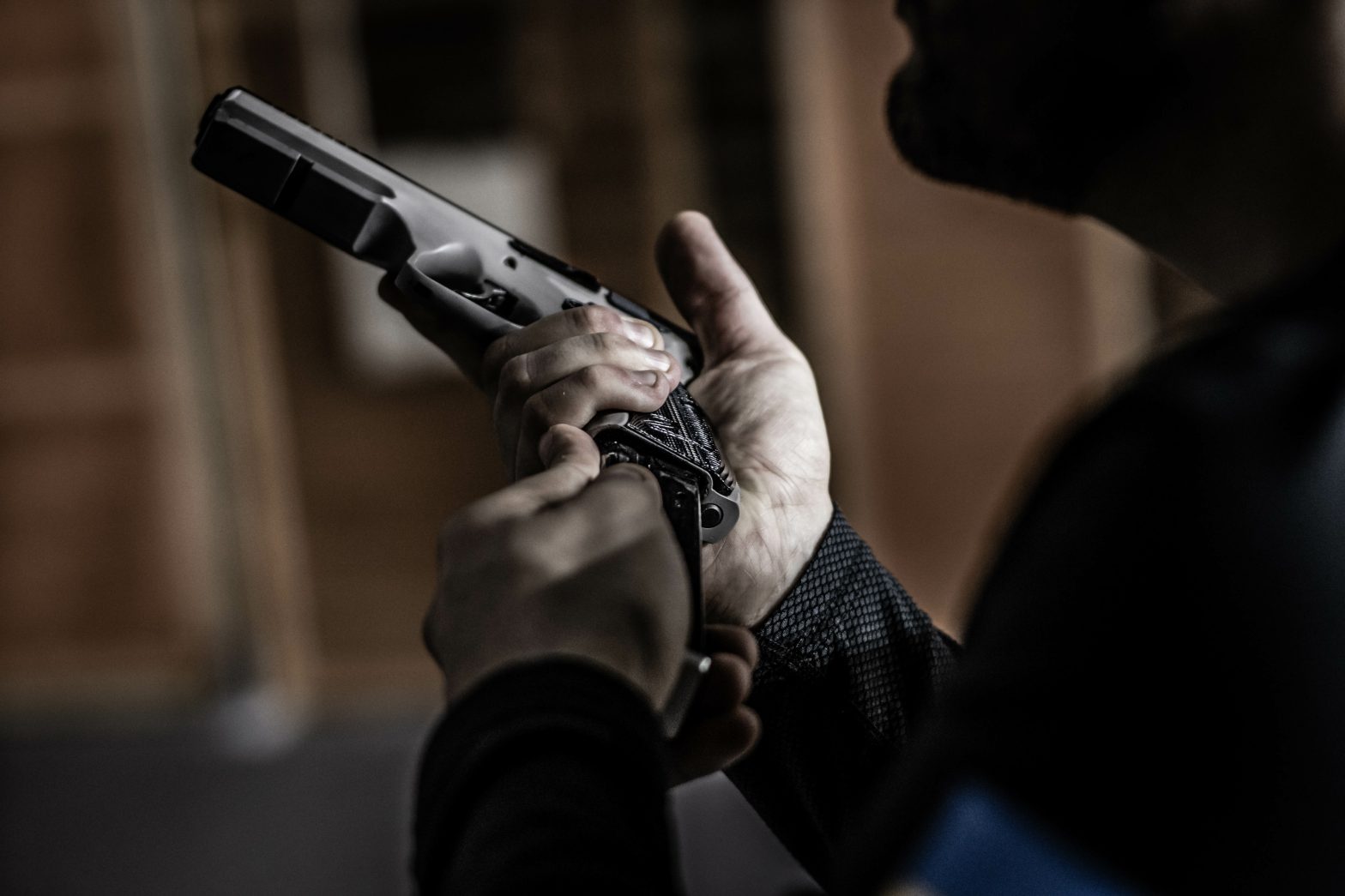Owning a firearm is an important responsibility. Knowing how to use it safely and securely should be a top priority for any gun owner. Whether you are a first-time gun owner or have been around firearms for years, here is some additional info to help ensure your safety when handling and storing firearms.
Secure Storage
No matter the size of your collection, secure storage is key. Firearms should be stored in a locked safe or cabinet that is out of reach of children and other unauthorized persons. Make sure to keep ammunition separated from firearms and also stored in a secure location. It is also important to store your firearms unloaded and with the action open whenever possible. This will prevent unintentional discharges due to loading or cocking the hammer/striker by mistake.
Education & Training
It is essential that all gun owners are well-educated on the proper operation, cleaning, maintenance, and safety protocols associated with their firearm(s). Read through the user manual provided by the manufacturer thoroughly before using any firearm. If you’re new to guns, take classes at a shooting range or get trained by an experienced instructor who can provide expert advice on gun safety best practices. It is also recommended that you practice regularly to keep up with skills and stay proficient with your firearm(s).
Always Treat Your Weapon as if It Is Loaded
It’s easy to assume that because the chamber of your gun is empty, it is safe to handle. However, this isn’t always true; even if the chamber appears to be empty, always treat your firearm as if it were loaded at all times. This means never pointing it at anyone (including yourself) or anything that you don’t intend to shoot—no matter how sure you are that the weapon isn’t loaded.
Never Point a Gun at Anything You Don’t Intend to Shoot
As previously mentioned, never point your weapon at anything other than the intended target before confirming its status. Even when you are absolutely certain that it is unloaded, do not point it in an unsafe direction out of respect for the incredible power these weapons possess. Accidents can happen even when someone has the best intentions in mind, and pointing your firearm away from people or property helps protect everyone involved from potential disasters.
Safety Protocols
Always exercise caution when handling firearms: never point a gun at someone or something you don’t intend to shoot; keep your finger off the trigger until you are ready to fire; always know what’s beyond your target; unload guns until they’re ready for use; never rely on “safety catches” as primary forms of protection; wear appropriate eye and ear protection when shooting; check barrels before loading; use correct ammunition; never drink alcohol prior to or while shooting; double check all guns after firing them; always treat guns as if they were loaded even if you think otherwise; avoid showing off firearms in public places unless absolutely necessary.
Know How to Properly Stay Clear of Your Firearm
If you need to move or adjust your firearm, do not touch the trigger; instead, use the action lever or bolt handle on the side of the receiver—this will make it easier for you to safely adjust without accidentally firing off a round. Additionally, when carrying your firearm outdoors or transporting it in a vehicle, make sure that it is unloaded and securely stored away from passengers. This will help ensure everyone’s safety while traveling with firearms in vehicles.
Gun Maintenance
Regularly cleaning your gun is essential for maintaining its condition and accuracy over time. Depending on how often you use your gun, it may need to be cleaned after each use or once every few months—consult with a professional if you’re unsure how often yours needs to be cleaned. Additionally, inspecting your weapon for signs of wear or damage before each use can help prevent potential accidents down the line.
Properly Dispose of Ammunition and Shell Casings
When disposing of ammunition or shell casings, be sure to do so properly according to local regulations or laws regarding the disposal of hazardous materials. Never throw ammunition directly into the trash as this could cause injury or damage property if someone were to find it later on. Instead, contact your local police department for information on how best to dispose of ammunition safely and legally where you live.
Be Sure Of Your Target
It is essential that you are 100% sure of what your target is before pulling the trigger on any firearm. Never fire at an unidentified target or object without confirming what it is first—and even then, make sure there is no danger to yourself or anyone else before firing at the target. Take extra care when shooting near buildings, bodies of water, roads, or populated areas since these locations may contain objects that could cause injury if hit by gunfire. You should also remember to know where the bullet will go after it leaves the barrel—this is known as “backstop awareness” and can help prevent accidental injuries caused by ricochets or stray bullets hitting unintended targets.
Following these guidelines will help ensure that you remain safe while handling firearms – whether it’s your first time owning one or not! Remember, gun ownership comes with great responsibility, so make sure that safety remains a top priority whenever dealing with firearms. Take advantage of available resources such as classes, training programs, and user manuals in order to become an educated gun owner who knows how to properly handle, maintain and store their weapon(s). Doing this will help minimize risk while still allowing you to enjoy the sport of shooting!

